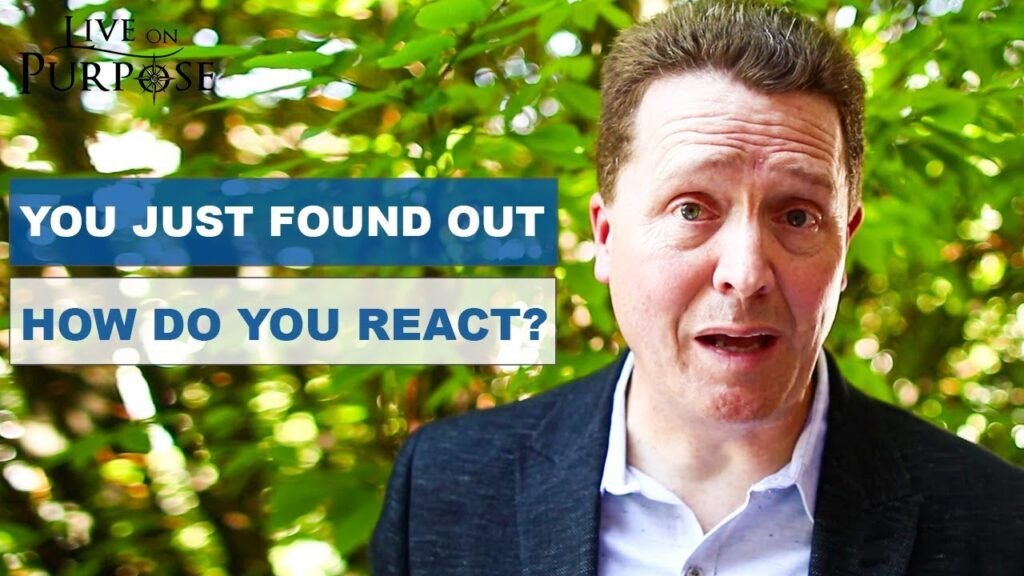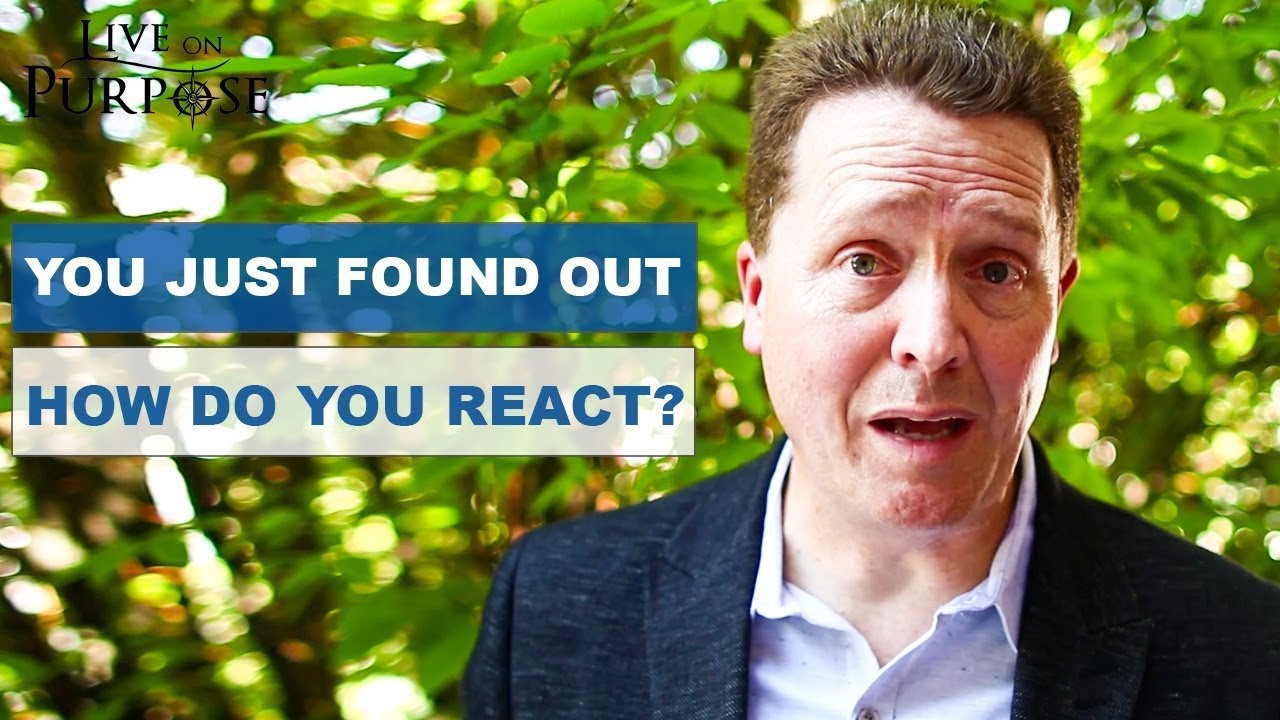In the video “Dealing with Teenagers Using Drugs: Insights from Blu Robinson, Founder of Addict 2 Athlete,” Blu Robinson discusses the importance of love and support when faced with a teenager using drugs. He emphasizes the need for open communication, asking open-ended questions, and tailoring discipline to each individual teenager. The video also highlights the significance of seeking professional support and counseling services for both the teenager and the parents. Robinson reminds parents to approach the situation with love, to temporarily withdraw trust, and to focus on rebuilding trust through purposeful discipline. Additionally, he mentions that drug testing can be a powerful motivator and mechanism of discipline, and that overcoming these experiences can lead to personal growth and the ability to help others in the future.
The video, hosted by Dr. Paul Jenkins on Live On Purpose TV, is a valuable resource for parents who are dealing with teenage drug use. Dr. Jenkins and Blu Robinson provide practical tips and strategies on how to handle this sensitive issue, while emphasizing the importance of love, communication, and seeking professional help. They advise parents to be patient, understanding, and persistent in developing an open line of communication with their teenagers. By following the advice in the video, parents can create a supportive environment that helps teenagers overcome their drug issues and build trust for a brighter future.

Understanding the Issue
When it comes to dealing with teenagers using drugs, it is important to understand the issue at hand. One of the most crucial aspects to consider is the importance of love and support. No matter what your teenager is going through, it is essential to show them that you love and support them unconditionally. This will create a foundation of trust and open communication that is vital for addressing the problem effectively.
Another factor to consider is temporarily withdrawing trust. Trust is a fragile thing, and when you discover that your teenager is using drugs, it can be difficult to maintain that trust. In order to address the issue effectively, it may be necessary to temporarily withdraw trust. This means setting boundaries and implementing consequences that are reflective of their actions.
Open communication is key in understanding the situation and helping your teenager. By asking open-ended questions, you encourage them to share their thoughts, feelings, and experiences. This not only helps you understand what they are going through, but it also allows them to process their own emotions and potentially find solutions together.
Effective Discipline
When it comes to discipline, it is important to tailor consequences to each individual teenager. Every teenager is different, and what works for one may not work for another. By taking the time to understand your teenager’s motivations, interests, and goals, you can ensure that the consequences you implement are effective in helping them learn and grow.
One essential aspect of effective discipline is having a purpose and motivation behind it. Discipline should not be about punishment, but rather about teaching and guiding your teenager. By approaching discipline from a place of love and genuine concern for their well-being, you can create an environment that encourages growth and behavior change.
Blanket statements and grounding alone are not effective forms of discipline. Instead, it is important to set clear boundaries and communicate your concerns. By clearly expressing your expectations and holding your teenager accountable, you help them understand the consequences of their actions and the importance of making positive choices.
Providing for Teenagers
As a parent, it is your responsibility to provide the essentials for your teenager, including love, air, water, food, and shelter. These basic needs are crucial for their physical and emotional well-being. By ensuring that these needs are met, you create a foundation of stability and security that can support them through difficult times.
In addition to the essentials, electronics and privileges can be used as negotiable motivators. By setting clear expectations and linking their use of electronics and privileges to positive behavior, you can encourage your teenager to make responsible choices and work towards their goals.
When it comes to disciplining your teenager, drug testing can be a powerful mechanism. By implementing regular drug testing, you not only ensure their safety but also provide them with a clear deterrent against drug use. This can be an effective way to monitor their behavior and hold them accountable.
Rebuilding Trust
After trust has been temporarily withdrawn, it is important to focus on rebuilding it. One way to do this is by giving directives and framing discipline as a way to build trust. By clearly communicating your expectations and explaining the reasons behind the consequences, you can help your teenager understand that discipline is not about punishment, but about helping them make positive choices.
Seeking professional support and counseling services is also crucial in the journey of rebuilding trust. A professional can provide valuable guidance and support for both you and your teenager. They can help you navigate through the challenges, address underlying issues, and develop effective strategies for rebuilding trust and creating a healthy relationship.
Addressing Underlying Issues
It is important to understand that addiction is often a symptom of underlying problems. When your teenager is using drugs, it is important to look beyond the surface and explore what may be causing their behavior. This could include issues such as mental health concerns, peer influence, family dynamics, or trauma.
On average, it takes parents about two years to realize that their teenager has a drug or alcohol issue. This can be a difficult realization, but it is important to remember that there are abundant resources and support available for parents dealing with troubled teenagers. From support groups to therapy options, you are not alone in this journey.
Overcoming the challenges of dealing with a teenager using drugs can lead to personal growth for both you and your teenager. By facing and addressing these issues head-on, you can develop a deeper understanding of yourself and your abilities as a parent. This personal growth can also lead to the ability to help others who are going through similar experiences.
Conclusion
Dealing with a teenager using drugs is never easy, but it is important to approach the situation with love, support, and open communication. By tailoring discipline to each individual teenager, providing for their basic needs, and rebuilding trust through directives and professional support, you can navigate through this challenging time. Remember, personal growth and the ability to help others can come out of overcoming these experiences. For additional tips and strategies for parenting teenagers, consider exploring the Parenting Power-Up course.

